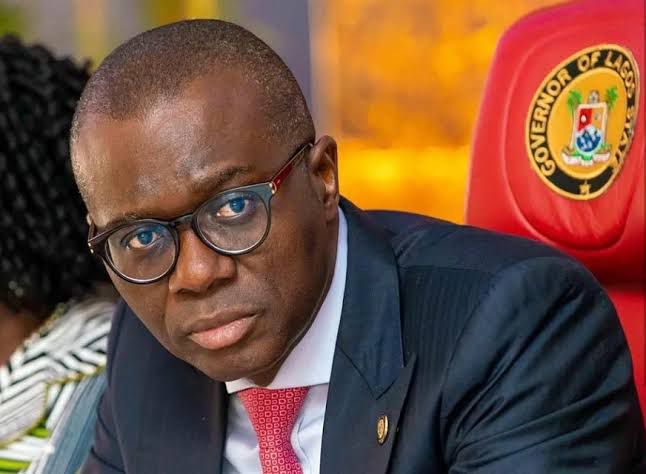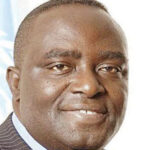
Speaking on Wednesday at the Lagos Circular Economy Hotspot 2023, titled, The Future Lagos: ‘Towards a circular and resourceful economy,’ Sanwo-Olu explained that the Lagos Circular Economy Hotspot 2023 was of utmost importance, not only for Lagos and Nigeria but also the entire sub-Saharan Africa.
“The circular economy is a model of production and consumption which involves sharing, leasing, reusing, repairing, refurbishing and recycling existing materials and products as many times and for as long as possible.
“In a city like Lagos, we believe that this initiative will create more jobs, as additional innovative production ideas will be needed and extra manpower required to keep materials in the loop for a long time. Therefore, the teeming population will be profitably and sustainably engaged, expanding the philosophy for an even greater Mega City.”
Sanwo-Olu emphasised that developing countries like Nigeria had made the least contribution to global warming, saying many were suffering the worst impacts of climate change.
He said, “We are also at a disadvantage when it comes to having access to the resources and strategies needed to fight climate change or adapt to its impact.”
Permanent Secretary, Office of Environmental Services Ministry of the Environment and Water Resources, Mr Omobolaji Gaji, maintained that the two-day programme would look at several facets of the circular economy, such as sustainable design, environmentally friendly manufacturing, waste management, product life extension, and the importance of consumer behaviour.
“We believe in the concept of a circular economy, which eliminates waste and pollution while keeping products and resources in use and regenerating natural systems. I’d like to challenge the current status quo, seek innovation, and envision a future where growth and sustainability coexist, where the economy and the environment coexist.”
While giving the keynote address, Director General of, National Environmental Standards and Regulations Enforcement Agency, Prof. Alui Jauro, revealed that the benefits of embracing the circular economy include; the potential to reduce greenhouse gas emissions and the use of raw materials; economic growth and job creation; resource efficiency; environmental protection and reduced dependency on imports.
Jauro, who was represented by Ms Udechukwu Ezeanyi, called for the implementation of Extended Producer Responsibility Programme, adding that “The programme holds a lot of promise for smooth take-off of circular economy in Nigeria.
“The EPR model is hinged on Public Private Partnership that will provide lots of investment and job opportunities for the teeming unemployed youths.”
The conference was organised by the Lagos State Government in partnership with African Circular Economy Network and Circular Economy Innovation Partnership supported by The Netherlands.





